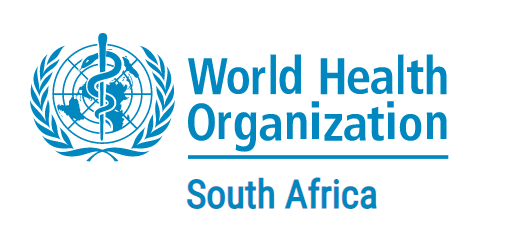On 16 January 2024, the World Health Organization (WHO) in South Africa, was notified by the National Department of Health (NDoH) of two newly laboratory confirmed cases of cholera in the Limpopo Province. These were from Musina and Blouberg Sub-districts in Vhembe and Capricorn Districts respectively. From 17-20 January 2024, in a swift and decisive move, WHO through its Emergency Preparedness and Response (EPR) cluster, joined NDoH, and the National Institute for Communicable Diseases (NICD) as part of the national team that conducted a support visit to assess and enhance readiness and response to cholera. The assessment was jointly conducted with the provincial health counterparts. This was in recognition of the potential risk for further spread of cholera, both locally and across borders.
As of 20 January 2024, South Africa reported three laboratory confirmed imported cholera cases. These comprised of two cases in Limpopo and one additional case which was reported later from Gauteng province. All cases had recent travel history to Zimbabwe.
The national team assessed various pillars including coordination, surveillance, case management, water, sanitation, and hygiene (WASH), infection prevention control (IPC), and risk communication and community engagement (RCCE) in the readiness and response to cholera at provincial, affected districts, and health facility tiers.
Some of the challenges observed in the field included the need for strengthening triaging, medical waste management at health facility level, and garbage management at community level. In addition, the national team recognized the need to intensify Information, Education, and Communication (IEC) materials in local languages, improving WASH and a critical need to strengthen cross border collaboration.
WHO’s swift involvement and participation in the national team’s response to cholera cases in Limpopo, demonstrated continued willingness, dedication, and support to work with the NDoH and partners, to address the risk of Cholera and other public health emergencies in the country.
Distributed by APO Group on behalf of World Health Organization (WHO) – South Africa.
